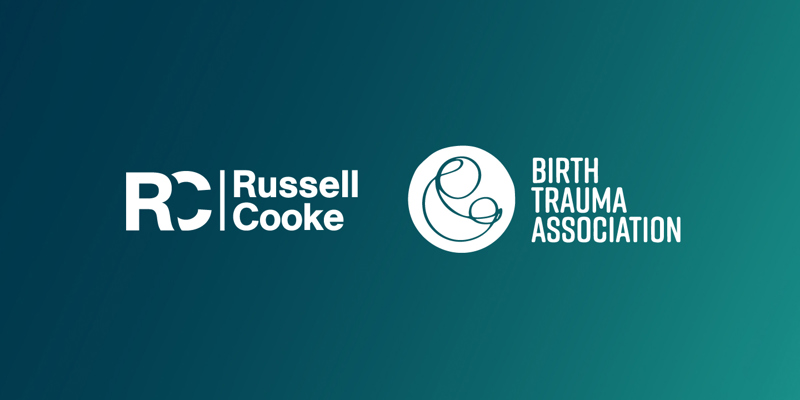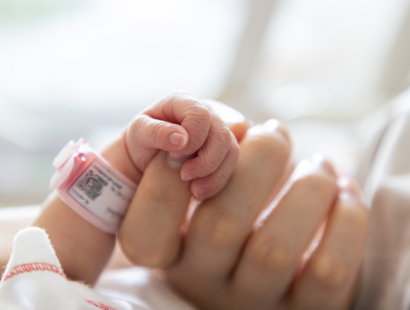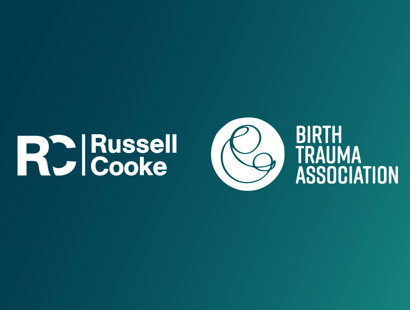
After birth trauma: free legal clinic in partnership with the Birth Trauma Association
For many women and families, birth trauma can feel incredibly isolating. Despite its prevalence, it is still not spoken about enough.
In this article, associate Ellie Miles discusses the impact birth trauma has on families, and signposts available resources.
Listening to families: tackling failures in perinatal care
A lot of progress has been made developing patient-centred obstetric care in the NHS, giving women more choice and control than in the past.
However, as shown in the APPG on Birth Trauma’s 2024 report ‘Listen to Mums: Ending the Postcode Lottery on Perinatal Care’, failures in this area are commonplace.
All too often, symptoms are dismissed, women expressing pain is misinterpreted as them being ‘overly anxious’, and overcrowded maternity wards mean that individualised care is not always given.
The emotional, psychological and physical impact can be long-lasting, and people often feel alone in processing and dealing with traumatic birth experiences.
Breaking the silence: available resources
There are, however, resources available which aim to break down the stigma and start conversations. One of these is former MP Theo Clarke’s podcast Breaking the Taboo, which shines a light on the lived experiences of birth trauma. The podcast features parents, campaigners and medical professionals, and discusses subjects ranging from perinatal mental health to the long-term consequences of traumatic births.
Another podcast which has recently shone a light on painful caesarean sections is season 2 of The Retrievals. The visceral reporting of this under-measured issue has been informed by women’s experiences of painful caesarean sections, in the US and UK. As well as highlighting the issues, the podcast also explores initiatives and avenues to address the problems in healthcare settings – including improved reporting on pain during caesarean sections, developing patient experience-centred guidelines, and training anaesthetists on the importance of language when advising patients about their options.
Our free legal clinic in partnership with the Birth Trauma Association
Alongside these conversations, the Birth Trauma Association (BTA) provides practical and emotional support to people who have been impacted by birth trauma. Their services include peer support initiatives, including email, phone, and WhatsApp support groups, as well as research and campaigning.
Russell-Cooke is one of the BTA’s six trusted legal partners. At Russell-Cooke, our specialist medical negligence lawyers have extensive experience in obstetrics and gynaecology cases. We understand how daunting it can be to consider the legal process after a traumatic birth, and how important it is to have clear, compassionate advice.
That is why we are partnering with the BTA to host a free legal clinic on Friday 26 September 2025. This clinic will be an opportunity for anyone affected by birth trauma to ask questions about the legal process, understand their options, and explore whether they may have a medical negligence claim. Our team will be on hand to provide guidance in a supportive and confidential environment.
Further details on how to register and access the clinic will be shared soon.
About Ellie
Ellie Miles is an associate in the medical negligence and personal injury law team. Her expertise in clinical negligence claims includes acting for clients who have experienced delayed diagnoses and treatment, the mismanagement of medication, and injuries in childbirth and gynaecological care.
Get in touch
If you would like to speak with a member of the team you can contact our medical negligence solicitors by telephone on +44 (0)20 3826 7517 or complete our enquiry form.









